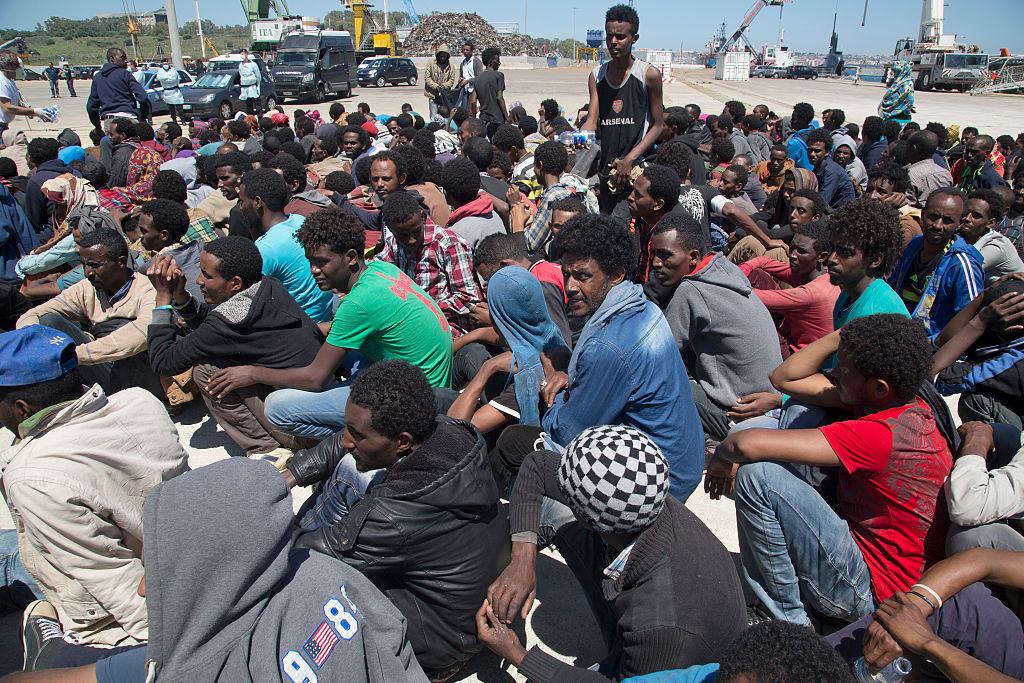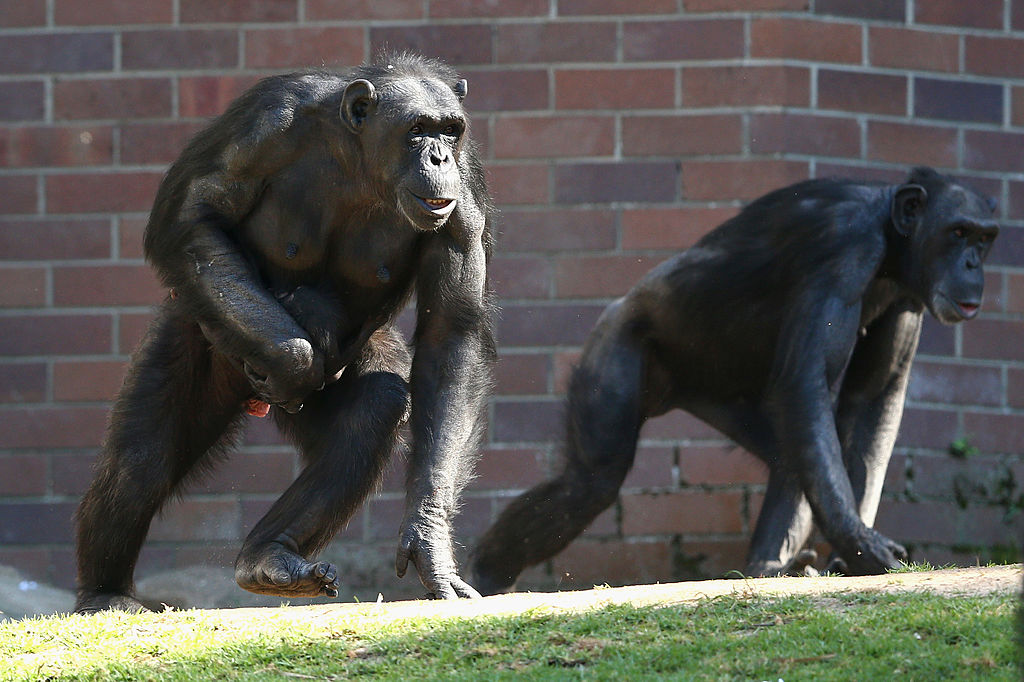By this time, you must know who Conor McGregor is, and if you don’t then here he is: McGregor is a 36-year-old Irishman, a world champion mixed martial arts fighter (that means full-contact punching and grappling, all the nasty stuff) and boxer, a man from the unfashionable side of Dublin who has slammed his way to a world career and millions in the bank.
How well-known is he? In March, even The Wall Street Journal was watching him, as Amazon MGM Studios paid him $5 million to appear in the film Roadhouse. For the film makers, “casting the cage fighter with major charisma and a massive following…he will turn the movie into a theatrical event.”
It is undeniable that he has had quite a career. The problem for McGregor now is that on November 22 the jury in a civil case held in Dublin decided he had carried out a sexual assault on a woman called Nikita Hand in 2018 after the pair (and two others) ended up in a hotel penthouse. This was after a drink and cocaine-fuelled Christmas party (for her) and club-hopping in Dublin (for him). The court has now ordered him to pay her €250,000 damages.
You cannot know what a fall this is until you understand the popularity of McGregor in Ireland, for his personality, his career and his political ambitions. Whatever the orthodox politicians and media are in Dublin, McGregor is not.
Now some will dismiss McGregor as a fighter past his best who has destroyed the rest of his career by raping a woman. But there is more to it than that. I sat through the trial, the jury heard the evidence, they made their decision. Their decision was that he did it. I am a professional reporter and that is my comment on the case.
But the furore is not over. The civil trial has been covered around the world. McGregor is a self-made millionaire with a “tough guy” image, an idol of young men when young men are told that their masculinity is “toxic”, a fighter who says he wants to be elected President of Ireland. He rejects the court’s decision. McGregor has called Hand a “liar” and says he is going to appeal. Whether he has grounds for appeal is unclear.
His supporters and detractors alike ask the question – and it is an important question — of why the accusation of rape was heard by a civil court and not a criminal court. In Ireland, accusations of the crime of rape are heard by the criminal courts and are prosecuted by the State itself. What happened in this civil case was an accusation by Hand herself, not a public prosecutor. This meant that the demands of the jury to decide “more probable than not”, replaced the criminal court’s standard of “beyond reasonable doubt”.
The reasons for this are as simple as they are complicated. Simple, because the Director of Public Prosecutions (DPP) did not believe that there was enough evidence against McGregor to satisfy that a conviction was likely, and complicated because rape is a crime which more often than not has no witnesses. This often results in a “he said, she said” dance of who is to be believed.
As in the criminal courts, the burden of proof in the civil courts lies with the plaintiff (or as she would be known in a criminal case, the alleged victim), in this case Nikita Hand, however the standard of proof in who wins and who loses does not have to be “beyond reasonable doubt” in the civil courts, but need only reach the bar that the accusation is “more probable than not”.
It was her word against his: She said he raped her, choking her three times, pinning her down and forcing himself on her. Police photos of her show her bruised on her legs, buttocks, arms, and chest.
He says she came onto him, following him into the bathroom of the hotel penthouse. Here I will give no more of the sexual details I heard in court, but McGregor described Hand as “bombastic” and the sex – which he argued was consensual – as “energetic”, and “athletic”, but “not rough”.
After 12 days of court hearings before Mr. Justice Andrew Owens, a jury of eight women and four men decided that it was rape.
McGregor has an X account with five million followers. After the verdict, he tweeted that he was disappointed jurors did not see all the evidence prosecutors had reviewed. He said “she never said ‘no’”. As for holding her in a chokehold, “It is a full blown lie among many lies.”
Despite the case, for many McGregor still stands as a man brought down by lies. Whatever a jury says, he remains a character that elicits strong reactions from both those who know him and those who merely know of him.
Born into a working class part of Dublin where small houses are knitted together to form sprawling estates that seem to have no end, he used his fighting skills to go from a lad next door to a household name internationally.
He has expressed a desire to become the president of Ireland. “As President”, he boasted that he would “hold the power to summon the Dáil [the Irish parliament] as well as dissolve it.” Responding to increased political dissatisfaction among the Irish electorate, he said, “Ireland needs an active President employed wholly by the people of Ireland. It is me. I am the only logical choice. 2025 is upcoming…”
Many see him as a hero: his swagger, his cheeky grin, his larger than life persona coupled with his sporting success mean that over the years his rise to notoriety has been difficult to ignore. Also difficult to ignore have been his many controversies, including his assault of an elderly man in a quiet neighbourhood pub.
Thuggish behaviour is one thing but being rough around the edges – as many Dubliners are – doesn’t make someone a rapist. Neither does having a sharp tongue, or going from broke to bedazzled the way McGregor did.
There are those who say that the DPP’s refusal to pursue the case is proof perfect that no rape took place, as well as those who say that the DPP failed Nikita Hand by leaving it up to her to fight her own fight without the might of the State to support her.
Calls have been made to boycott McGregor’s whiskey, to boycott his social media and more, while rumours persist that Hand is a callous gold digger, or even that the case was a ploy to derail McGregor’s self-professed aspirations to run for public office.
In the midst of the post-trial furore, one thing is certain: the jury sat through the evidence, they made their decision. Their decision was that he did it.
Fatima Gunning is a reporter with gript.ie media, an independent Irish news outlet





The party was great, but expect vengeance from the people Trump defeated